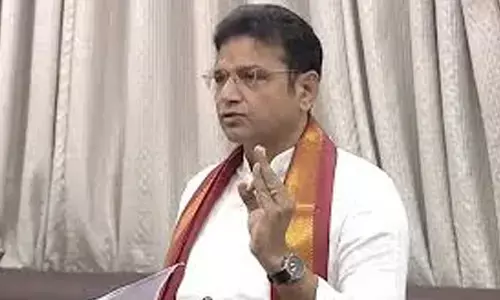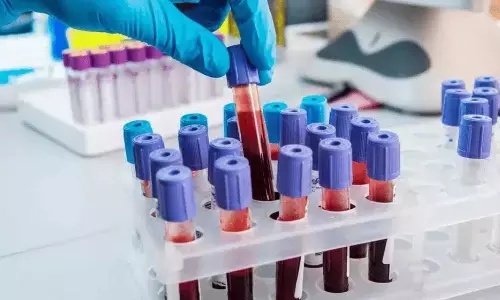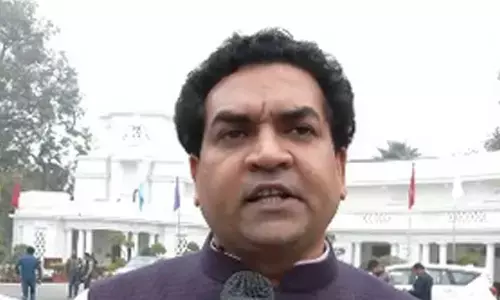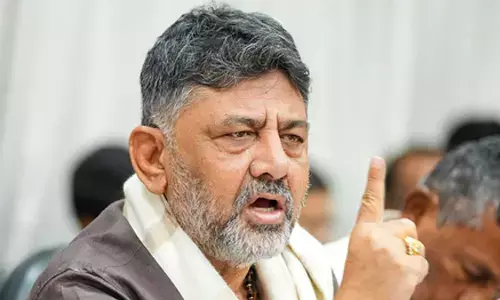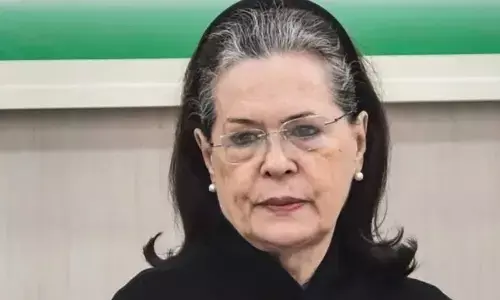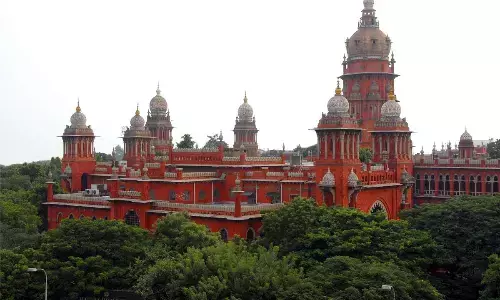Maharashtra readies roadmap to become $1 trillion economy
Share :
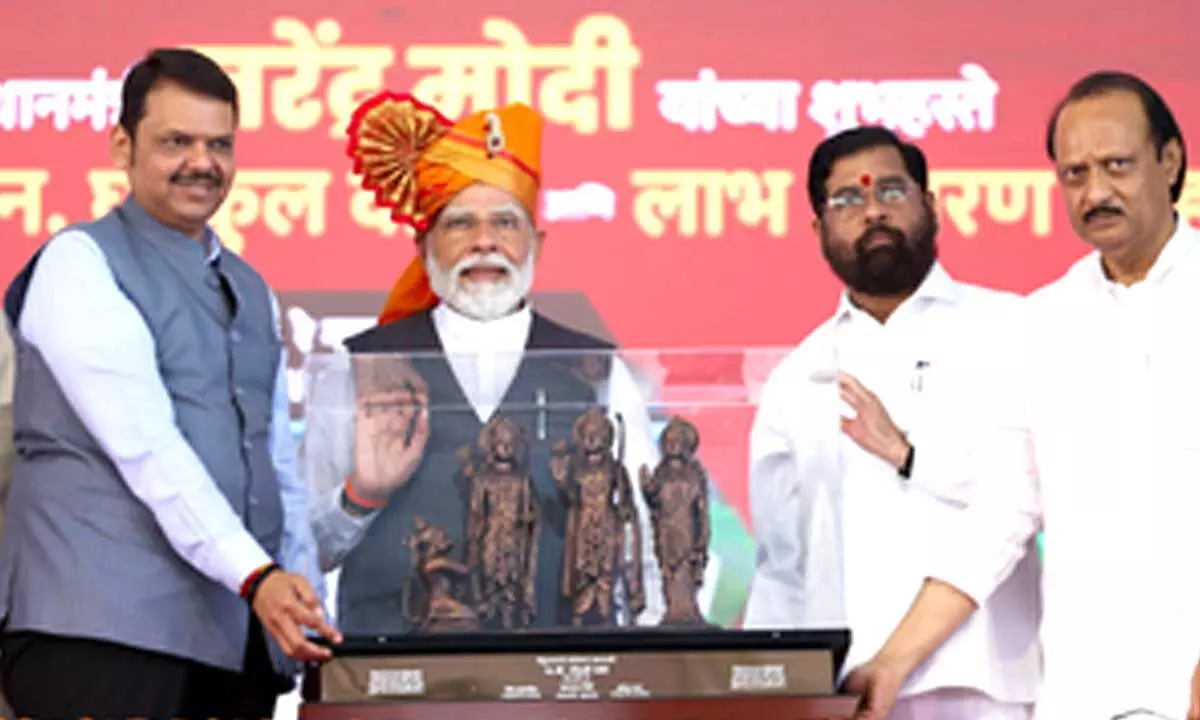
Maharashtra's MahaYuti government, comprising the BJP, the Shiv Sena, and the Nationalist Congress Party, has firmed up a comprehensive plan to take the state's economy to the $1 trillion (approx Rs 82.79 lakh crore) mark, from the present level of $433 billion (Rs 35.84 lakh crore).
Mumbai: Maharashtra's MahaYuti government, comprising the BJP, the Shiv Sena, and the Nationalist Congress Party, has firmed up a comprehensive plan to take the state's economy to the $1 trillion (approx Rs 82.79 lakh crore) mark, from the present level of $433 billion (Rs 35.84 lakh crore).
Deputy Chief Minister Ajit Pawar, who holds the Finance and Planning Department, in his interim budget for 2024-25, contended that Maharashtra is on the path of a $1 trillion economy in line with the dream of Prime Minister Narendra Modi to make India a $5 trillion economy.
As per the government’s action plan for a $1 trillion economy, the youth, women, poor and farmers will be focus areas with a substantial increase in capital investment through state government departments, state public sector undertakings, and the private sector.
The government is pursuing the development of roads and over 70,000 km of rural roads are being proposed with an outlay of Rs 7,600 crore. It has also given due priority to railway development, including 337 km of metro lines to be built in the Mumbai Metropolitan Region, of which 263 km have been sanctioned and 46.5 km commissioned.
Meanwhile, the first phase of the Navi Mumbai International Airport will be operational by March 2025.
In order to retain its most favoured investment destination, the government has put in place a slew of investment promotion policies and schemes. MoUs with 19 companies at the World Economic Forum, Davos are expected to generate investment of Rs 3 lakh crore and two lakh jobs.
Further, the government hopes that a $1 trillion economy will be achieved through sustainable development, mainly by increasing economic growth and implementing measures to protect the environment.
It hopes that 40 per cent of the total energy generation will be from non-conventional sources by 2030 by promoting solar energy.
Amid the rising danger of climate change and global warming, the government plans to undertake tree plantation on both sides of roads, of around 25,000 km per year, on state highways and major district roads.
Besides, the water conservation schemes including Jalyukt Shivar Mission 2.0 will be aggressively implemented.
The government has proposed policies and schemes for inclusive growth by laying emphasis on farmers, women and children, health, higher education, skill development, tourism, and sports.
The government’s plan is in line with the roadmap prepared by the Maharashtra Economic Advisory Council (EAC), headed by Tata Sons Chairman N Chandrasekaran.
The EAC had clearly said that the state economy needs to grow 14-15 per cent annually (from 6.7 per cent in 2022-23) to become a $1 trillion.
According to EAC, the key enablers include ease of doing business, energy, land and skill development.
The EAC made a strong case for the improvement of ease and cost of doing business by the state government to accelerate investments through the establishment of Udyog Seva Kendras, centres that can support industries acquire licenses, permits, and approvals in a timely and predictable fashion.
In the energy sector, Maharashtra will have to double its installed energy capacity and provide energy at a competitive rate. The state will have to encourage renewable installation across multiple use cases from utility-scale solar parks to solar panel installation at farms, improve grid infrastructure especially for EV adoption and encourage renewable energy consumption via norms like Green Open Access.
The government needs to make available one lakh acres to support industry growth and another one lakh acres for renewable energy growth. Further, the skill development will have to be taken up on a war footing as it will generate 15 million plus employment opportunities.







